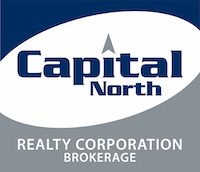GETTING YOUR HOME READY FOR MARKET
When the thought of selling your home comes to mind, what repairs and maintenance are needed, allowing your home to show at its best? Most likely the repairs are the items already on your to-do list. These are not major renovation items; general maintenance.
Top to bottom take a look at
- Bedrooms and bathrooms
- Kitchen, living, dining and main floor laundry room
- Basement, whether finished or unfinished
- Garage
- Outside exterior of home
- Lawn and gardens
Trust your gut, if you think it needs repair, it most likely does.
Attend to the items that you are able to do yourself, and hire professionals for the things you are not able to complete, such as electrical or plumbing.
Paint - Paint gives a fresh clean look.
Replace and Repair - Door handles, drawers, cupboards, window hinges, missing tiles, light fixtures, faucets, to name a few.
Clean - A deep clean and declutter, including window cleaning. If you don’t want to dispose of items, store them in a designated area or rent a storage locker temporarily.
Lawn maintenance - Ensure shrubs, trees, flower beds are cut back and not over grown. Clear your walkways - curb appeal is an actual thing. You want your home to be lovingly manicured.
Garage - Declutter, organize and clear the floor.
Beyond general repairs, maintenance and cleaning, there may be other items you feel will bring you optimum price by doing a renovation of a kitchen and/or bathroom. Speak to a Realtor, who will be able to advise you on whether doing a major renovation is a good idea in your area.
Once minor repairs and cleaning are done, it makes way for the Realtor to advise you further on the details of making your home look its best, whether working with your own accents and furniture, or possible staging as an option.














